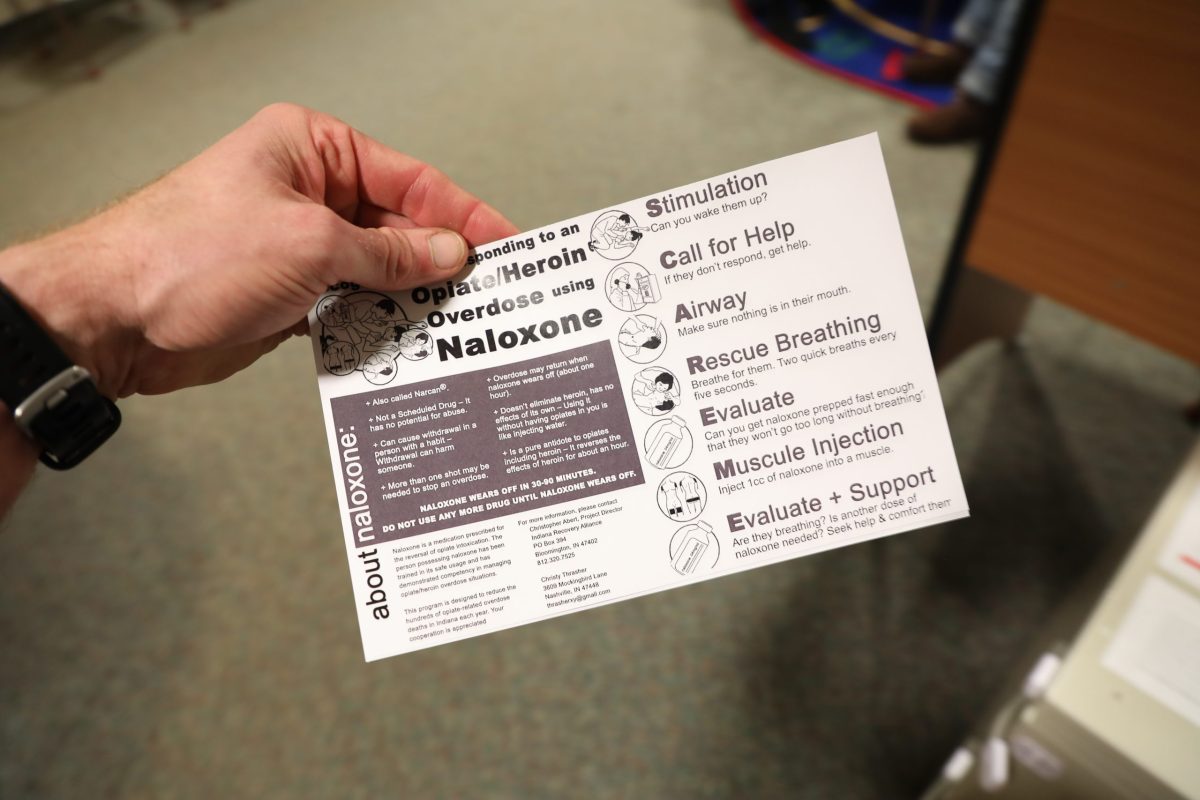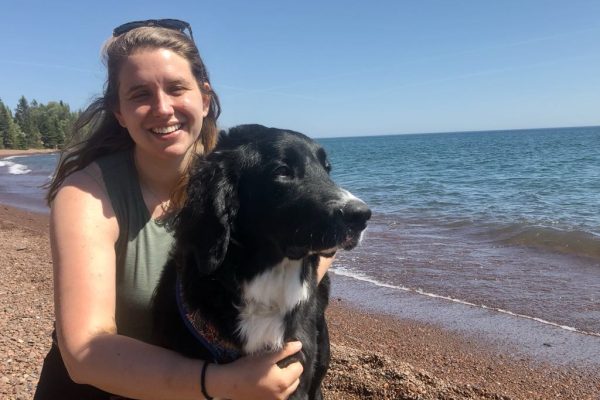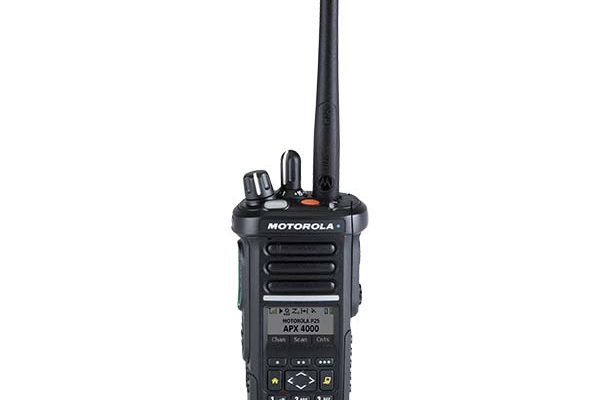Harm Reduction Supplies available to the public in Cook County and Grand Portage
In an effort to increase public access to harm reduction supplies geared toward preventing drug overdoses, Cook County Public Health and Human Services (PHHS) and Grand Portage Human Services are providing free supplies in their respective lobbies. Harm reduction is a philosophy in substance misuse recovery based on making drug use safer, and allowing people to define their own recovery path.
Andrea Orest, a public health educator with PHHS, spoke with WTIP about the need for harm reduction supplies in the community, as well as what is available to the public. Orest said that part of understanding addiction and substance misuse is recognizing it as a chronic disease, rather than a moral failing, and to remove judgement from the approach to support and treatment. She said, “Substance misuse is an illness that can be treated. So when we talk about that treatment, and people are working towards recovery, recovery means something different to everyone. When we talk about recovery, it is more of a focus on changing the way a person uses substances.”
Orest said that this individualized understanding to recovery is why making safer use supplies available is so important. She also shared that while giving specific numbers on drug use is difficult, drug use and misuse is still a big concern for PHHS. She said, “In 2023, the Cook County Sheriff’s office received 13 calls related to substances, and 10 of those were directly related to overdose. And there was at least one overdose death in our county.” Orest acknowledged that those numbers may be small, but that Cook County has a small population.
According to Orest, some of the drugs that are present in the county are methamphetamines, cocaine, and opioids, but that the biggest threat comes from fentanyl, a synthetic opioid, and xylazine, a tranquilizer. Both of these drugs have been found added into other dugs increasingly often, and can increase the likelihood of overdose, even in small amounts. Orest said, “So the tricky part about that is you really don’t know if it’s in there unless you test it. And counterfeit pharmaceutical pill could have zero fentanyl in it, or it could have it could be all fentanyl, you just don’t know how it’s cut.”
Because of increase in adulterated drugs, one of the harm reduction supplies that PHHS and Grand Portage Human Services has available is test strips for both fentanyl and xylazine. Another resource that the organizations are offering are clean syringes, which helps prevent infection or the spread of disease among people using intravenous drugs.
Beyond offering supplies that support safer drug use, at both human services locations, members of the public can pick up both Naloxone and Narcan. Both are drugs that can reverse the effects of an opioid overdose. Orest explained why having people in the community carrying Naloxone and Narcan is important, saying, “Really, overdose can happen anywhere. If you have the supplies and the training, you know, and you feel comfortable using it, you really can help save a life.”
Another harm reduction tool that is being offered is information. Orest said that PHHS is offering resources on safer use for people who use drugs as well as fact sheets on how to respond to someone experiencing an overdose. She emphasized the value of Naloxone and Narcan in an emergency situation that is a suspected overdose, saying, “The bonus about Naloxone or Narcan is that if you administer it to someone who is not experiencing an overdose, it does not provide any adverse health effects. The only effect it has is to remove that opioid off of the receptor on the brain. So if they are in fact not experiencing an overdose and you administer Naloxone or Narcan, there’s no adverse effects to that.”
Orest recommended that people interested in carrying emergency response drugs for opioid overdose seek out the course offered monthly by Cook County Higher Ed on how to administer Naloxone.
For people interested in accessing these supplies, Orest said that both at Cook County PHHS and Grand Portage Human Services, they can simply walk in, select the supplies they want, and leave. There is no need to make an official request or report that the harm reduction supplies are being picked up. Orest said, “It was important to us to sort of remove as many barriers as possible. And, you know, coming into a government building might be enough of a barrier for some people, but at least this way, you know, you can just come in, take what you need and walk back out. No questions asked.”
Orest said that anyone with questions about the resources available at PHHS can contact her by email at andrea.orest@co.cook.mn.us, or by calling her at 218-220-5536.
WTIP’s Kirsten Wisniewski spoke with public health educator Andrea Orest about the harm reduction supplies available at Cook County PHHS and Grand Portage Human Services. M Baxley produced a companion video to this story, in which Orest explains the supplies available and how to access them at the PHHS office. Both audio from the interview and the video can be found below.
For more coverage of local efforts to support harm reduction efforts and raise awareness of opioid use, listen to WTIP’s series following Jess and Julie Koski on their Walk for the Love.















